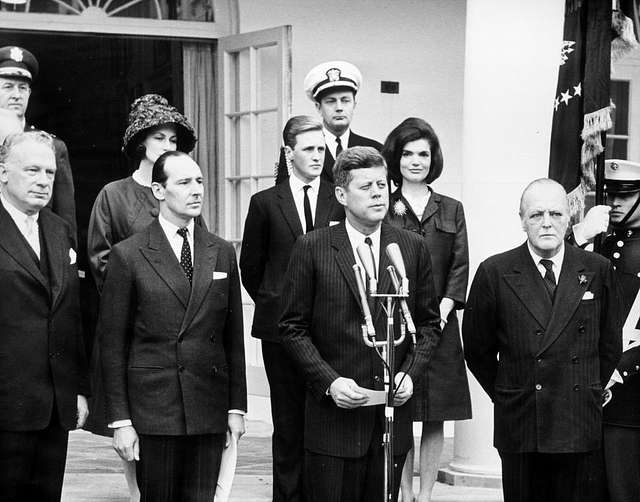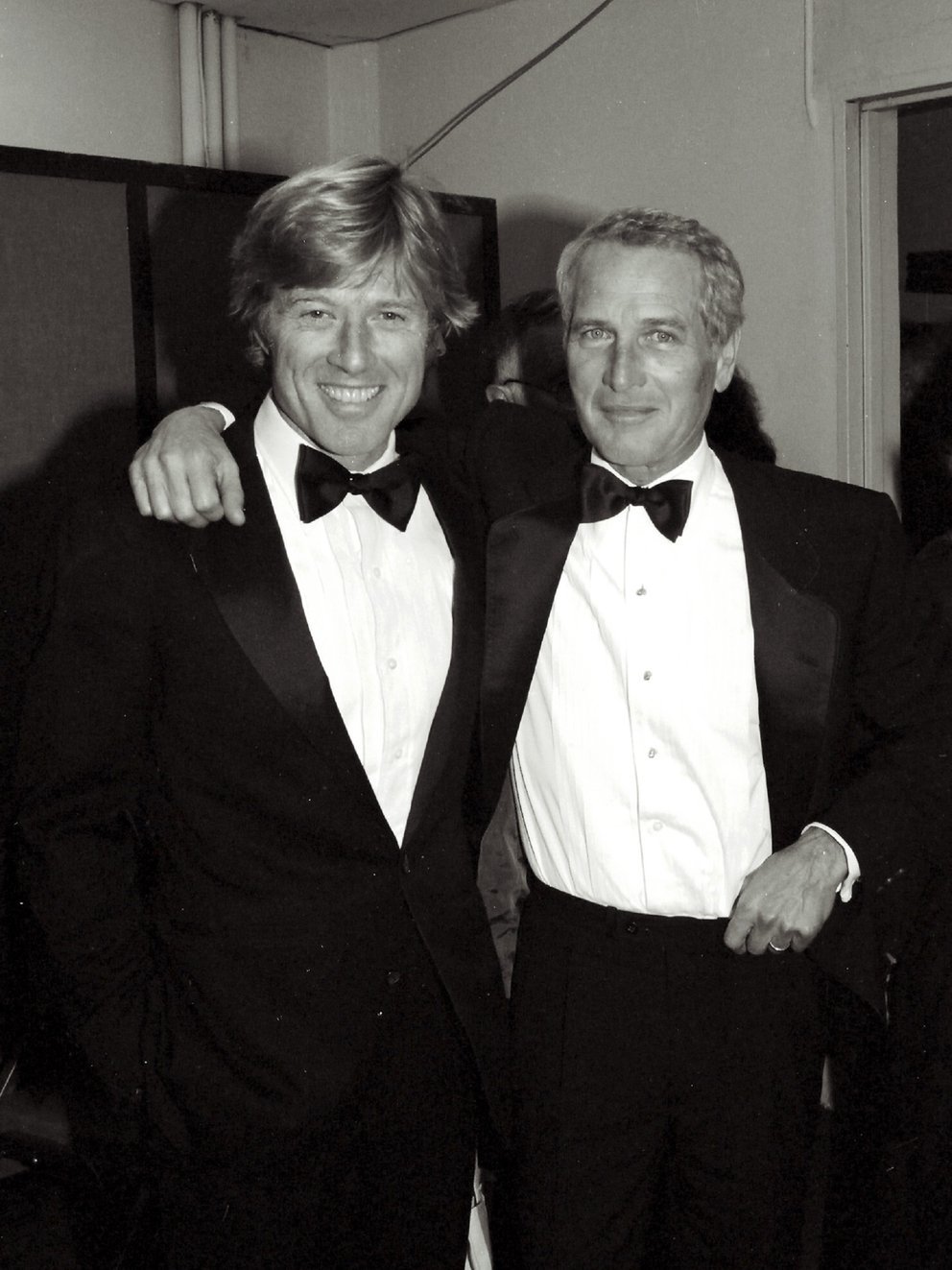Explore More
The Power of Friendship: Men Nurturing Lifelong Bonds
The power of lifelong friendships impacts men's mental health. Male friendships challenge masculinity stereotypes and allow men to express emotions and challenge gender norms.

You’ve heard it, “bros before hoes.” But is nurturing friendships really that simple for men? We invite you navigate the complexities of male bonds and uncover challenges that men face maintaining these ties. We’ll explore cultivating lifelong friendships and how they impact men’s mental health. You’ll also look into real-life stories of enduring male friendships to better understand the power and significance of friendship in a man’s life.
Key Takeaways
- Male friendships challenge masculinity stereotypes and allow men to express emotions and share concerns.
- Overcoming societal challenges requires conscious effort and a willingness to challenge gender norms.
- Nurturing lifelong bonds among men requires establishing friendship rituals, investing time and effort, and embracing emotional vulnerability.
- Strong friendships significantly reduce stress and anxiety and improve men’s mental health.
Understanding the Significance of Male Friendships
In order to fully appreciate the value of your male friendships, you’ve got to understand the unique role they play in your life. You’re not just hanging out and having a good time. You’re challenging masculinity stereotypes and evolving together.
Societal norms often enforce the idea that men are supposed to be stoic, independent, and emotionally distant. However, your male friendships offer a safe space to defy these stereotypes. Together, you can express emotions, share concerns, and support each other in ways that don’t align with society’s expectations.
Research supports the significance of these connections. A study in Men and Masculinities found that men’s close friendships can help them navigate the pressures of masculinity, providing a sense of solidarity and understanding.
Just as importantly, your friendships evolve over time. As you grow and change, so do your relationships. You’re not the same person you were in high school and neither are your friends. But you’ve navigated life’s ups and downs together, strengthening your bond.

The challenges men face to maintain friendships
While you strive to keep these essential bonds strong, you’ll often encounter challenges in maintaining your friendships due to various societal pressures and personal changes. The impact of gender stereotypes can complicate matters. You see, society often perceives male friendships through a lens of competitiveness and stoicism, discouraging emotional openness and vulnerability. This perception can be a barrier, making it hard for you to express your feelings or seek support when needed.
The perception of male vulnerability also plays a significant role in these challenges. Men are generally expected to be strong and independent, which can deter you from sharing your struggles with your friends. You might fear judgment or ridicule, which can lead to isolation and strain on your friendships.
However, overcoming these challenges is not insurmountable. It requires conscious effort, introspection, and a willingness to challenge societal norms. Remember, it’s okay to be vulnerable, it’s okay to seek help. This openness can ultimately strengthen your bonds, fostering deeper, more meaningful friendships. You’re not alone in this struggle. Recognizing these challenges is the first step to nurturing lifelong bonds.
How men nurture lifelong bonds
You’ve identified the challenges, and now it’s time to explore some strategies that can help you nurture and maintain these key friendships throughout your life. The key is to prioritize these relationships and consciously invest time and effort into them.
One effective strategy is establishing and maintaining ‘friendship rituals’. These could be regular meetups, trips, or even simple things like weekly phone calls. These rituals create a sense of belonging and continuity, strengthening the bond over time.
Emotional vulnerability is another crucial element. It’s often been misinterpreted as a weakness, especially among men. However, research shows that the ability to express and share feelings is vital for deep and lasting connections. It’s okay to let your guard down and share your fears, hopes, and disappointments with your friends. This mutual vulnerability fosters trust and understanding, essential ingredients for lifelong bonds.
How friendships impact men’s mental health
Don’t underestimate how much your mental health can level up when you’ve got a robust network of close friends to lean on. Studies have shown that strong friendships can significantly reduce feelings of stress and anxiety.
However, men often struggle with this due to masculinity stereotypes. Society tells men that they must be strong, independent, and self-reliant, discouraging emotional openness and vulnerability. Consequently, men might hesitate to seek support from their friends during tough times, fearing that it might make them appear weak.
Yet, it’s crucial to break through these stereotypes. Emotional openness with friends isn’t a sign of weakness; instead, it’s a strength that can foster deeper connections and improve your mental health. In fact, research has shown that men who have emotionally supportive friendships are less likely to experience depression or anxiety.
Throughout history, there have been numerous famous male friendships that have captured the public’s imagination and often played a significant role in shaping culture, politics, and society. Here are a few notable examples:
Abraham Lincoln and Joshua Speed: Abraham Lincoln, the 16th President of the United States, had a close friendship with Joshua Speed. They shared a room as young men, and their friendship continued throughout their lives. Their correspondence revealed deep emotional connections and mutual support.
John F. Kennedy and David Ormsby-Gore: The friendship between President John F. Kennedy and David Ormsby-Gore, the British Ambassador to the United States, was both personal and political. They shared a strong bond, which helped foster close ties between their respective countries.


Paul Newman and Robert Redford: The on-screen chemistry between actors Paul Newman and Robert Redford was undeniable in their roles in “Butch Cassidy and the Sundance Kid” and “The Sting.” Their off-screen friendship added to the magic and charm of their on-screen performances.
Martin Luther King Jr. and Ralph Abernathy: Dr. Martin Luther King Jr. and Ralph Abernathy were key figures in the American Civil Rights Movement. They were not only close friends but also partners in advocating for social justice and equality.
J.R.R. Tolkien and C.S. Lewis: The friendship between the famous authors J.R.R. Tolkien and C.S. Lewis was forged through their shared love of literature and faith. They were part of a literary group known as the Inklings and provided each other with valuable support and critique.
John Lennon and Paul McCartney: The songwriting partnership between John Lennon and Paul McCartney is one of the most famous in music history. As members of The Beatles, their creative collaboration produced some of the most enduring and influential songs of the 20th century.
Mark Twain and Nikola Tesla: The writer Mark Twain and the inventor Nikola Tesla developed a friendship and mutual admiration. They often spent time together discussing ideas and innovations, with Twain once describing Tesla as “the world’s most practical poet.”
Sir Ian McKellen and Sir Patrick Stewart: The friendship between actors Sir Ian McKellen and Sir Patrick Stewart, who are known for their roles in the X-Men and the Lord of the Rings film series, has been celebrated in recent years. Their camaraderie and playful interactions in public have endeared them to fans.
These friendships, whether real or fictional, have left a lasting legacy, reminding us of the power of companionship and camaraderie in the lives of men from all walks of life. They illustrate the positive impact that strong male friendships can have on individuals and, sometimes, the world at large.
Lessons from real lifelong male friendships
We often receive inspiring real-life stories about the power and longevity of male friendships. Childhood friends John and Mark, had their friendship rituals, like annual camping trips and weekly card games, which created a very strong bond over the years.
These rituals are fun but their is more to it, a commitment to each other. Their “bromance” evolved from teens to adulthood as their friendship has matured and deepened, proving that male friendships can last a lifetime.
Then there’s the story of Ben and Matt, college roommates who became business partners. They both loved Sherlock Holmes and Dr. John Watson, created by Sir Arthur Conan Doyle, is one of the most iconic male friendships in literature. Holmes, the brilliant detective, and Watson, his loyal companion, work together to solve complex mysteries. The fictional friendship inspired them and their monthly brainstorming dinners became a ritual that strengthened both their friendship and business. They’ve weathered the ups and downs of life and worked together, evolving though resilience together.
In both stories, the rituals and the evolution of their bromances are the threads that have held these friendships together. They’ve experienced life’s highs and lows together, proving that nurturing these bonds can lead to lifelong friendships.
Strong friendships reduce stress and anxiety and improve men’s mental health. Although societal stereotypes have often encouraged men to be stoic and self-reliant, research has highlighted the positive impact of robust social connections on men’s mental wellbeing, showing that nurturing strong friendships is not a sign of weakness but rather a source of resilience.
Emotional Support: Strong friendships provide men with a safe and non-judgmental space to express their emotions. It can be challenging for men to open up about their feelings, but having close friends who are understanding and supportive creates an essential emotional outlet. Sharing one’s fears, anxieties, and worries with friends can lead to a sense of relief and release, alleviating the burden of stress.
Stress Reduction: Spending time with friends and engaging in enjoyable activities can significantly reduce stress. Laughter, bonding, and shared experiences stimulate the release of endorphins, which are natural mood lifters. Engaging in hobbies or sports with friends can serve as a distraction from daily stressors and improve overall mental well-being.
Increased Resilience: Strong friendships promote resilience in the face of life’s challenges. Knowing that there is a support network of friends who can provide encouragement and assistance during tough times gives men the confidence to face difficulties and bounce back from adversity.
Social Connection: Isolation and loneliness are often associated with increased stress and anxiety. Building and maintaining strong friendships offers a sense of belonging and inclusion, reducing the negative impact of social isolation. Men who have close friends are less likely to experience the detrimental effects of loneliness.
Coping Strategies: Friends can offer valuable insights and advice on how to cope with stress and anxiety. Sharing experiences and learning from one another can lead to the development of effective coping strategies. Friends can help men see their challenges from different perspectives, offering fresh solutions and encouraging healthier ways to manage stress.
Improved Self-Esteem: Strong friendships can boost a man’s self-esteem and self-worth. Friends provide positive reinforcement, affirmation, and encouragement. Feeling valued and respected by one’s peers can have a profound impact on mental health, reducing feelings of anxiety and insecurity.
Clear Communication: Friendships require communication, and this often involves active listening and empathy. Developing these skills in the context of close friendships can translate to better communication in other areas of life, including relationships, family and the workplace. Effective communication can help men express their needs and emotions more clearly, reducing stress caused by misunderstandings and unexpressed feelings.
The Bottom Line
Men should recognize the value of these connections and actively invest in nurturing and maintaining their friendships. Breaking free from societal stereotypes and acknowledging the importance of emotional support and camaraderie can lead to healthier, more balanced lives. In doing so, men can experience the profound benefits of reduced stress and anxiety, and an overall improvement in their mental well-being.
You’ve got this, guys. Nurturing and maintaining lifelong friendships isn’t always easy, but it’s worth it. It takes effort, understanding, and a willingness to reach out. But remember, these bonds can significantly boost your mental health and overall well-being. Draw inspiration from the real-life stories of enduring male friendships. You’re not alone in this journey. So, keep fostering those bonds because the power of friendship is truly a force to be reckoned with.



